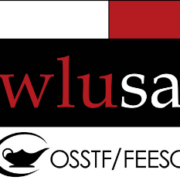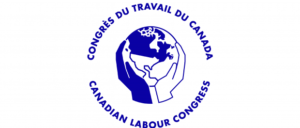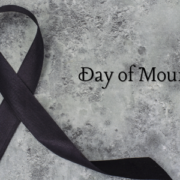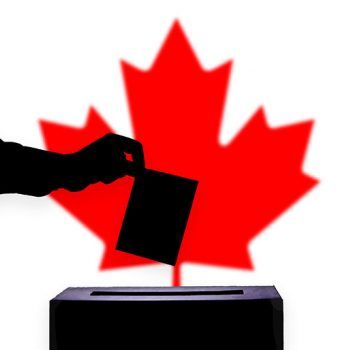Colleges and universities will receive a $750 million boost from the Ontario government for 20,500 spaces in science and engineering programs each year, helping fill — but not close — a growing funding gap for schools, the Star has learned.
April 22, 2025
Colleges and Universities Minister Nolan Quinn is shown in the Ontario legislature on April 14, 2025.
Cole Burston/The Canadian Press
By Kristin RushowyQueen’s Park Bureau
Colleges and universities will receive a $750 million boost from the Ontario government for 20,500 spaces in science and engineering programs each year, helping fill — but not close — a growing funding gap for schools, the Star has learned.
Colleges and Universities Minister Nolan Quinn is set to make the announcement Tuesday morning at McMaster University in Hamilton, which will receive about $22 million per year over the next five years.
“Between 2020 and 2024, the growth in STEM (enrolment) was 34 per cent and a lot of jobs are going there,” Quinn told the Star, referring to the “significant” uptick in science, technology, engineering and math that now sees 70,000 graduates a year.
Rates of employment are higher and “wages are higher … so we see a real linkage between what the labour market (requires) and what we’re able to provide,” he said. “This is a way to work towards the future.”
A recent report by the Higher Education Quality Council of Ontario estimated the province needs 225,000 additional post-secondary spaces overall in the next 20 years for domestic students, given an increase in demand. It warned that without proper funding and planning, teens may find it tough to get into the programs they want.
The $750 million over five years will, in particular, help those schools that accepted more STEM students than they receive funding for, as they attempt to meet the already growing demand.
The funding is an “essential investment … (that) comes at a pivotal moment when Ontario urgently needs to boost its productivity and economic competitiveness,” said Steve Orsini, president and CEO of the Council of Ontario Universities, in a written statement.
Post-secondary institutions are grappling with rising deficits, the fallout of an ongoing tuition freeze and increasing operating costs at a time when the federal government has significantly cut back the number of international students, whose tuition fees most schools came to rely on for extra revenue amid stagnant funding from the province.
The Ford government previously increased funding by $1.3 billion over three years to help address those financial pressures, although schools noted at that time the amount was half of what the government’s own expert panel had recommended.
While schools have been suspending programs and even closing campuses to make ends meet, the new funding is not expected to halt many of the planned cuts.
Quinn is also set to announce that schools that took in fewer students than their “corridor” funding provided for will be able to keep the additional funds for STEM spots, a $17 million move that will mainly aid colleges.
Maureen Adamson, the interim president and CEO of Colleges Ontario, welcomed the additional funding, saying colleges “are training the workforce our economy needs now more than ever,” including in construction, manufacturing, life sciences, and mining and energy.
The “corridor” model, which has not been updated in about a decade, provides a set amount of funding to schools as long as enrolment falls within a certain range.
This school year, some 28,000 domestic students fell above the corridor — meaning they were unfunded at a cost of $200 million to the schools that took them in. The new funding will help address that.
Quinn is also promising a long-overdue look at the post-secondary funding model which could begin later this year, now that schools have signed on to five-year funding agreements.
While the additional funds do not include non-STEM areas such as teacher education, Quinn noted the province has increased the number of spaces for French-language educators.
“We are continually, continually engaged with our stakeholders to understand where the need is,” Quinn told the Star.
At least one Ontario university has already told professors it expects to move hundreds of spaces in arts programs to STEM as a result of the announcement.
Not including the newest funding, the province spends about $5 billion each year on post-secondary education.
Quinn said the provincial government is “working to protect Ontario by building a more resilient economy that can withstand whatever comes our way,” including tariffs and economic uncertainty from the U.S.
He said the province’s 24 colleges and 23 universities that are publicly assisted “play a vital role in arming our economy with a highly skilled workforce.”
Kristin Rushowy is a Toronto-based reporter covering Ontario politics for the Star. Follow her on Twitter: @krushowy.
https://news.ontario.ca/en/release/1005800/ontario-protecting-workers-and-jobs-by-investing-in-postsecondary-education














